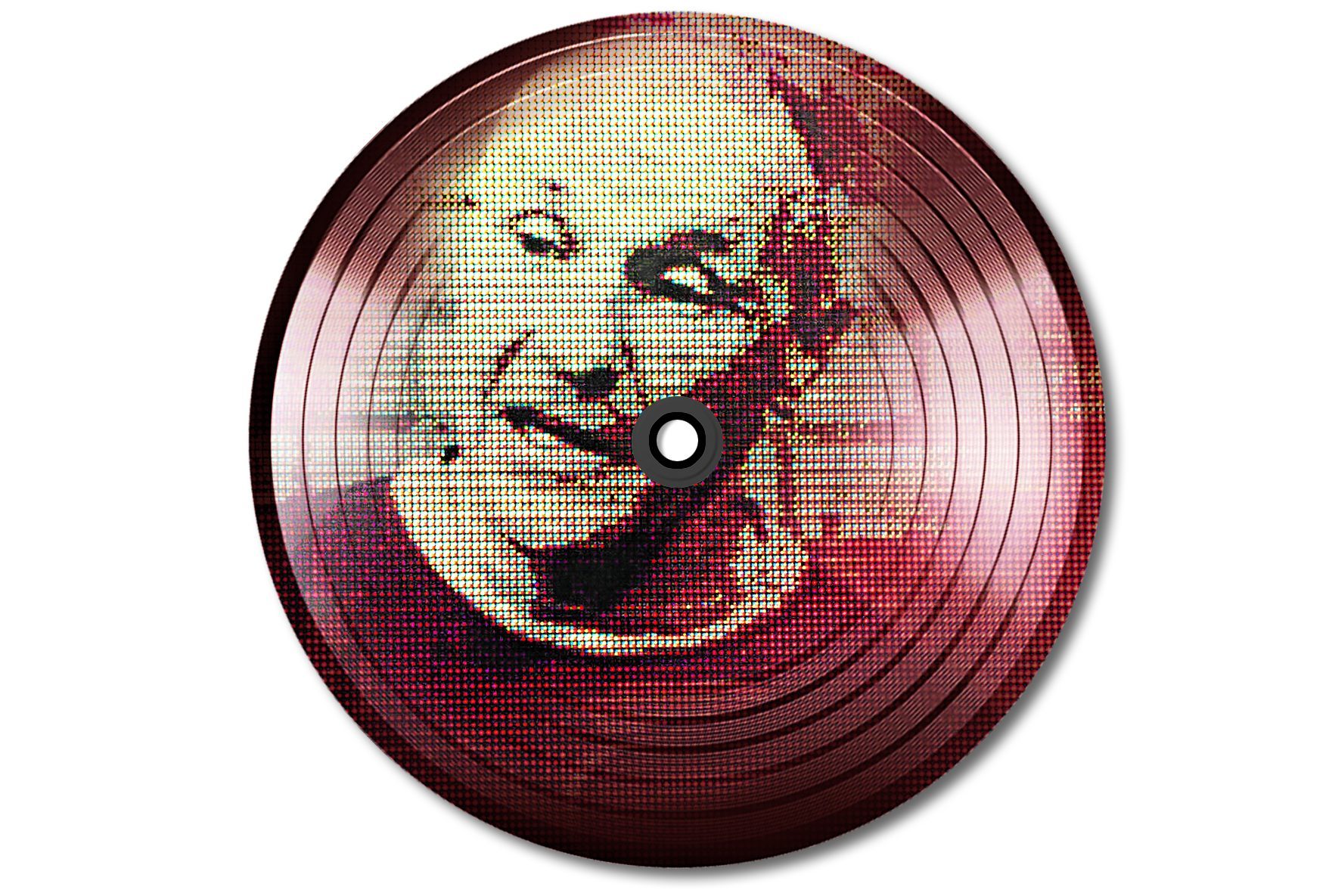
BILL SHANKLY will be remembered tonight in a new BBC documentary charting the trophy-laden career and enduring legacy of the legendary Liverpool manager.
Here, in an article first published in the football magazine, When Saturday Comes, BARNEY RONAY reveals how an event captured on a crackling vinyl album – thankfully now available on music streaming services – evokes the exceptional wit, drive, intelligence and philosophy of a sporting great.
IN 1997 a plaque was unveiled in Glenbuck commemorating the 55 professional footballers the mining village produced during the last century.
Among them was Bill Shankly accompanied, even here, by what have become his defining epithets: “The legend, the genius, the man.”
This seems to be more than just a localised view. “I watched his genius unfold,” wrote Tom Finney in 1993. “A great man, a great manager and a great psychologist,” enthused Kevin Keegan. No mention of Shankly, it seems, is complete without a magisterial turn of phrase.
Shankly’s achievements as a manager were undoubtedly great. Between 1959 and 1974 Liverpool won the League three times, the UEFA Cup once and the FA Cup twice, success achieved by reconstructing the club from within. When he was appointed Liverpool had spent the past five seasons in Division Two and, in his own words, “the place was a shambles”.
Shankly released 24 players in his first two years, but kept hold of the boot-room personnel – Joe Fagan, Bob Paisley and Reuben Bennett – who would remain at the club throughout its subsequent success. By the time he retired, Shankly had laid the foundations for 15 years of domestic and European domination.
Great, but not unique. His record is similar to that of Don Revie at Leeds over the same period. Revie also took a struggling club into Division One, building a team and a way of playing that brought two League titles, European success and a certain era-defining swagger.
Shankly’s genius exists outside his bare achievements. He remains a footballing archetype: an arresting, vivid, revolutionary voice.
Everybody knows the quotes. “I want to build a team that’s invincible, so they’ll have to send a team from Mars to beat us.” “Me having no education, I had to use my brains.” “I don’t drop players, I make changes.” What was once fresh and startling has become fogged by layer upon layer of repetition. Was Shankly actually funny? Or just a compulsively wisecracking boss.
Shankly, like anyone, could be boorish: “The trouble with referees is they know the rules, but they do not know the game.” Or platitudinous: “If you are first you are first. If you are second you are nothing.”
For the post-Shankly generation it is tempting to ask exactly why quotations such as these have been feverishly transcribed for the past 30 years. Shankly’s genius, on the cold hard page, eludes us. What we need is Shankly the voice. And fortunately, the voice still exists – in the form of the gatefold double album Shankly Speaks.
Billed as “a feast of a listening experience”, Shankly Speaks showcases a lengthy interview recorded over two days at the Adelphi Hotel in Liverpool in 1981. There is no preamble: as soon as the needle touches the record Shankly speaks, holding forth on what the sleeve notes describe as “producing great teams”. The voice is a nimble baritone, rapid but still languid.
In fact Shankly’s sentences have a distinct dramatic rhythm, which the voice seems to reach for instinctively. Talking about “the Liverpool system”, he says: “You need options, two people to take it off you. Three. Choices,” and it’s as though he’s outlining some magical formula.
Pressed on the funniest moments during his time in the game, Shankly describes the older players at Glenbuck telling “exaggerated tales” to “lift away the gloom” and he laughs, a surprisingly childish gurgle. It’s a sound you want to hear again: conspiratorial and unselfconscious; in the laugh you catch a glimpse of Shankly’s talent for inspiring deep affection in those around him.
Shankly Speaks does exactly what it promises: Shankly does indeed speak. But rather than the trumpeted “insights”, what stays with you are the quality and rhythm of the voice. More than just a silvery phrase-maker, Shankly communicated a passion for the game, for a club and for a region never before expressed through the media. He spoke directly to the support of his own and every club, using not quite the language of the terrace but a hybrid of everyday speech and the wisecracking theatricals of a movie gangster.
Shankly brought a US-style democratisation to the language of football. Where the pre-Shankly English manager was a mute, faux BBC-accented stammerer of platitudes, American sportsmen had a voice of their own and Shankly, by design or historical accident, brought this vernacular to football.
Shankly is vibrantly still with us. Titles and cups will always be won, but football’s most lyrical icon, whether on vinyl or in the post-match posturing of a Shanklyite managerial descendant, will continue to speak.

Enjoy the convenience of having The Sunday Post delivered as a digital ePaper straight to your smartphone, tablet or computer.
Subscribe for only £5.49 a month and enjoy all the benefits of the printed paper as a digital replica.
Subscribe